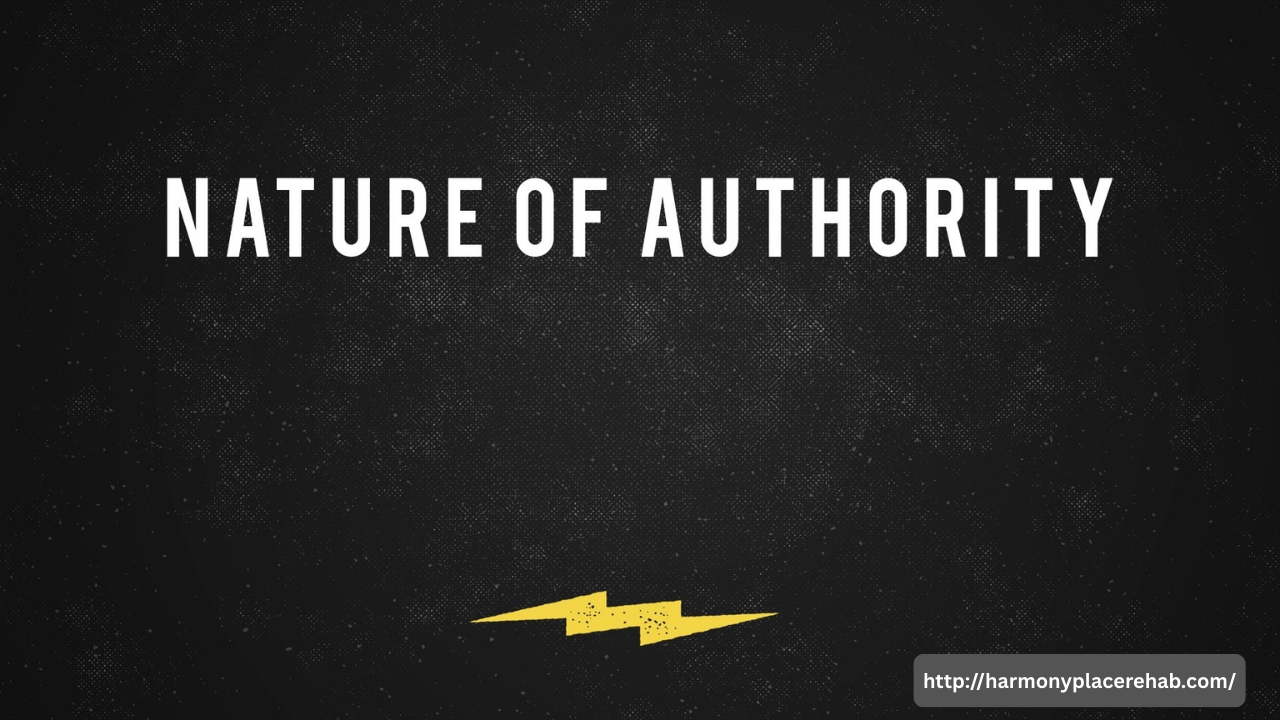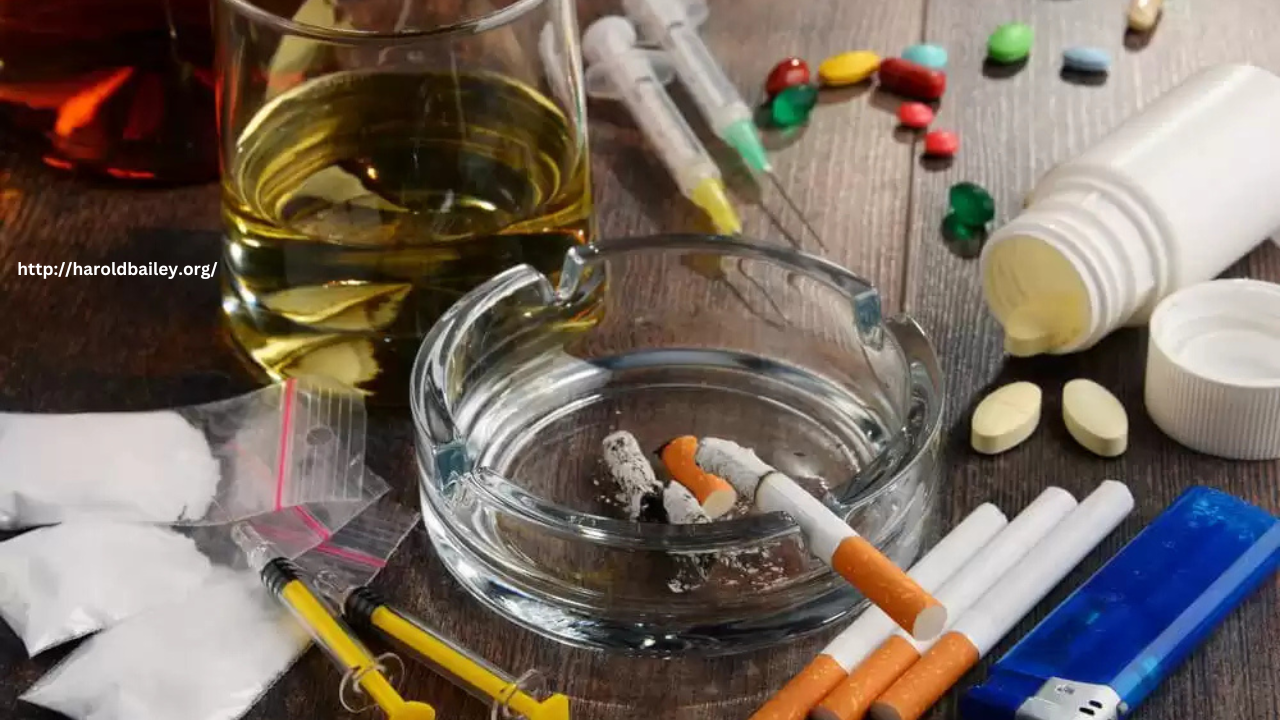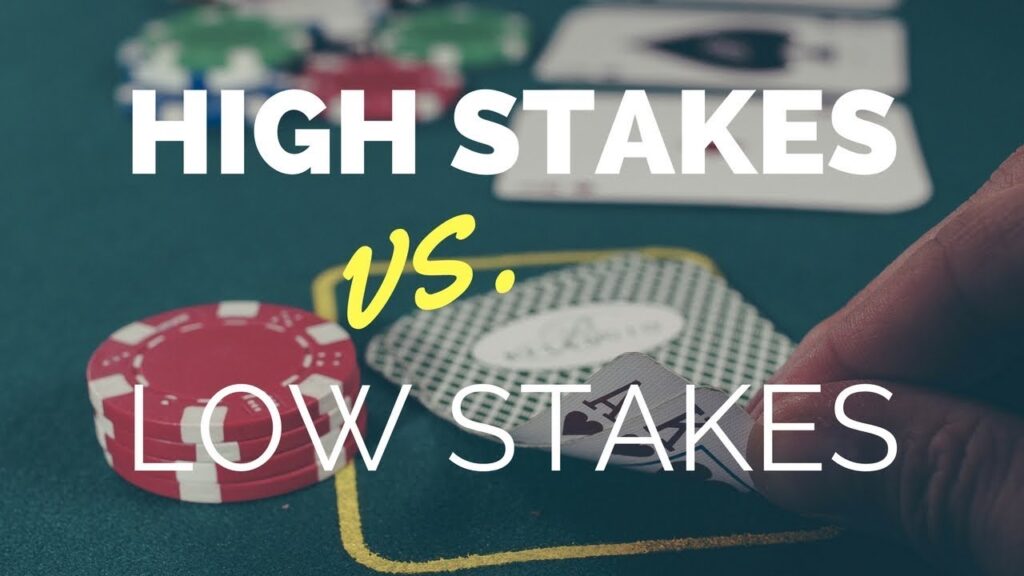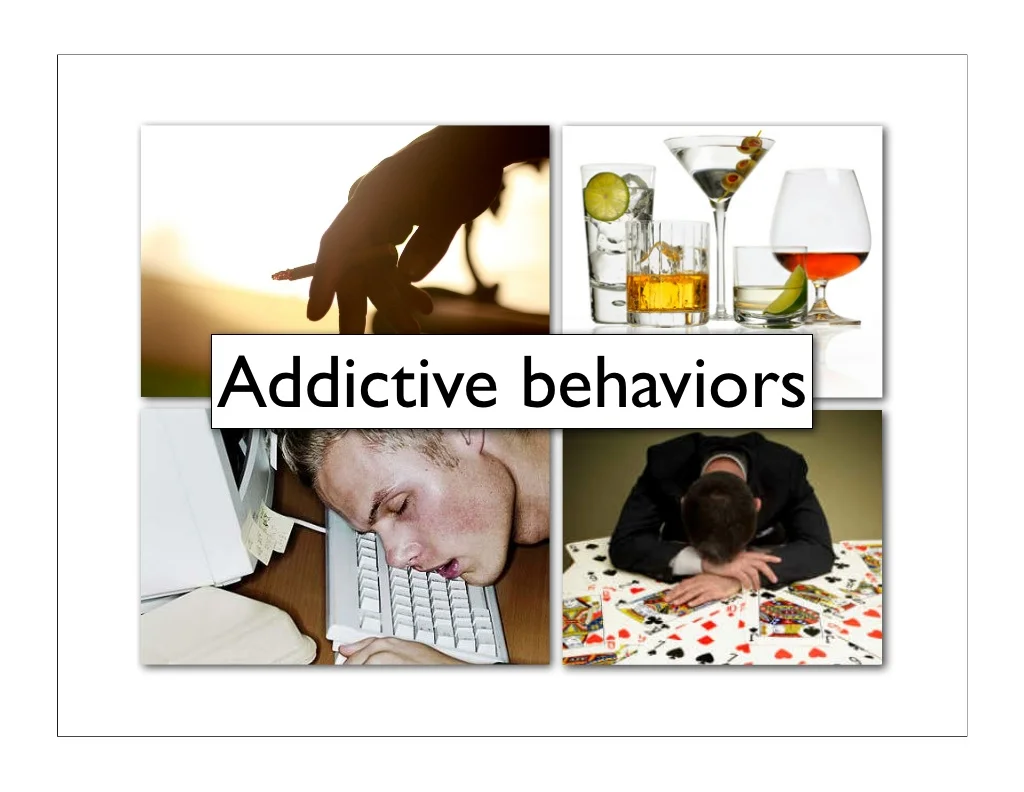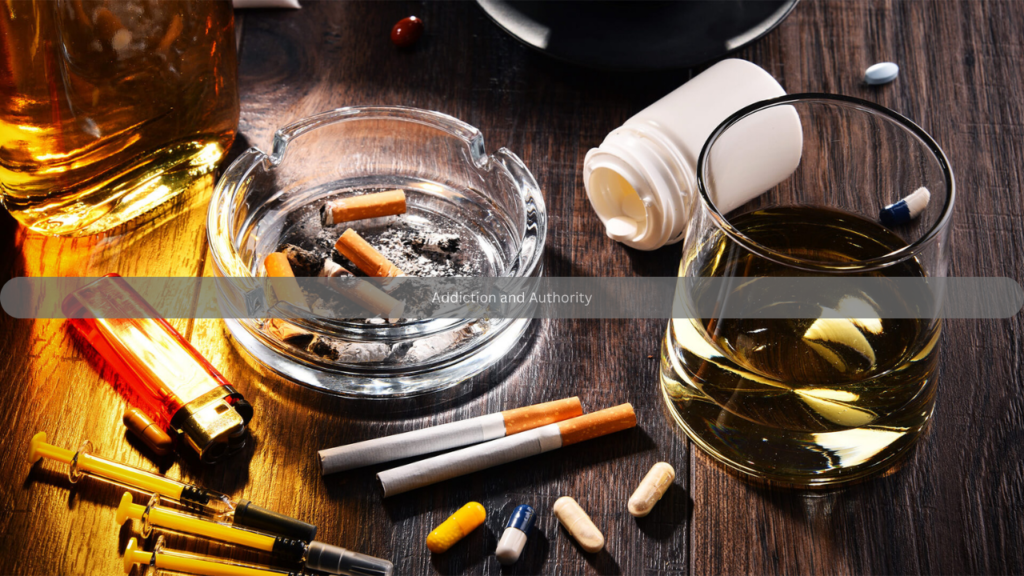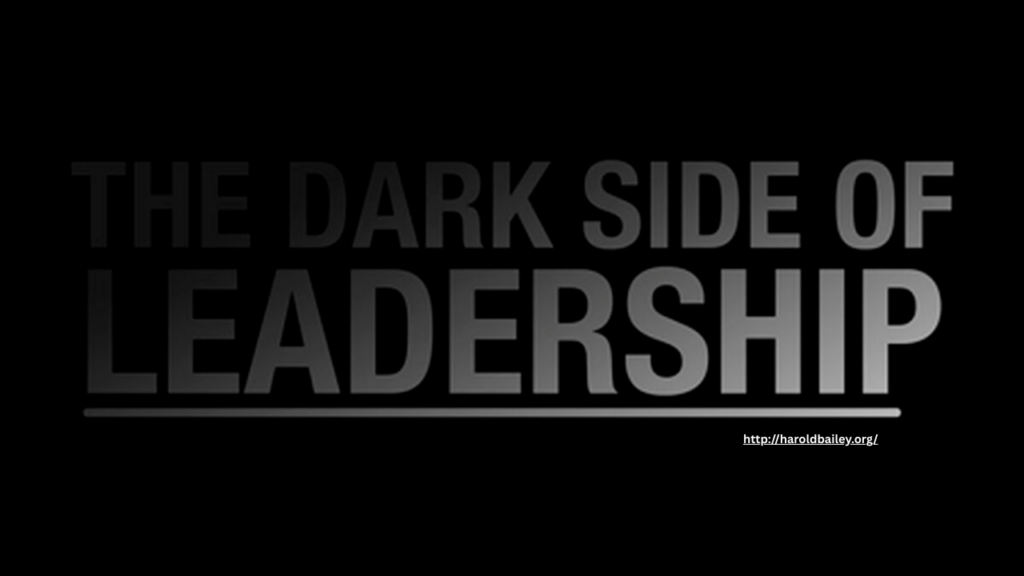
Leadership is often celebrated for its promise of influence, innovation, and progress. Those who rise to positions of power are viewed as confident, capable, and driven individuals who embody success. However, there is a lesser-known, darker dimension to leadership—one where power can fuel addictive behaviors. From substance abuse to compulsive work habits and risk-taking, the very traits that contribute to effective leadership can also make individuals vulnerable to addiction.
The Psychological Allure of Power
Power alters the way individuals think, behave, and interact with the world. Studies show that power can increase confidence and reduce empathy, creating a sense of invincibility. This psychological shift can lead to riskier decision-making and a diminished awareness of consequences. Leaders may begin to believe that the rules don’t apply to them, making them more likely to engage in addictive behaviors without fear of repercussions.
Power also activates the brain’s reward circuitry. The sense of control, recognition, and accomplishment that comes with leadership stimulates dopamine release—the same neurotransmitter involved in substance addiction. Over time, the brain may begin to crave not just power itself, but the behaviors and substances that mimic or amplify that reward response.
Stress and Isolation as Catalysts
Leadership is inherently stressful. High expectations, long hours, constant scrutiny, and the burden of responsibility can take a psychological toll. To manage this stress, some leaders turn to alcohol, prescription drugs, or other vices. What starts as a coping mechanism can quickly evolve into dependency.
Furthermore, leadership can be isolating. The higher one climbs, the fewer peers exist to offer honest feedback or emotional support. This isolation can lead to feelings of loneliness, anxiety, and depression—conditions that are closely linked to addiction. Without a strong support network, leaders may internalize their struggles, making them more susceptible to compulsive behaviors.
Addiction Beyond Substances
Not all addictions in leadership involve drugs or alcohol. Many leaders become addicted to work itself, deriving self-worth from productivity and achievement. This addiction to success can manifest as chronic overworking, burnout, and neglect of personal relationships and health. Others may develop behavioral addictions such as gambling, shopping, or even compulsive risk-taking in business or personal affairs.
These behaviors often go unchecked because they are masked by the outward signs of success. A CEO who works 80 hours a week and takes bold financial risks may be praised for dedication and vision, even if their actions stem from an underlying addiction.
Creating Healthier Leadership Cultures
To mitigate the dark side of leadership, organizations must foster environments that prioritize mental health and balance. Encouraging leaders to take breaks, seek therapy, and cultivate personal relationships can reduce the risk of addiction. Leadership development programs should include emotional intelligence, stress management, and ethical decision-making components.
Ultimately, recognizing that power and vulnerability can coexist is key to preventing addiction in leadership. When leaders are supported and encouraged to care for their mental and emotional well-being, they are not only more effective—they are also more human. Understanding the addictive potential of power is the first step in transforming leadership from a source of pressure into a force for sustainable impact.

